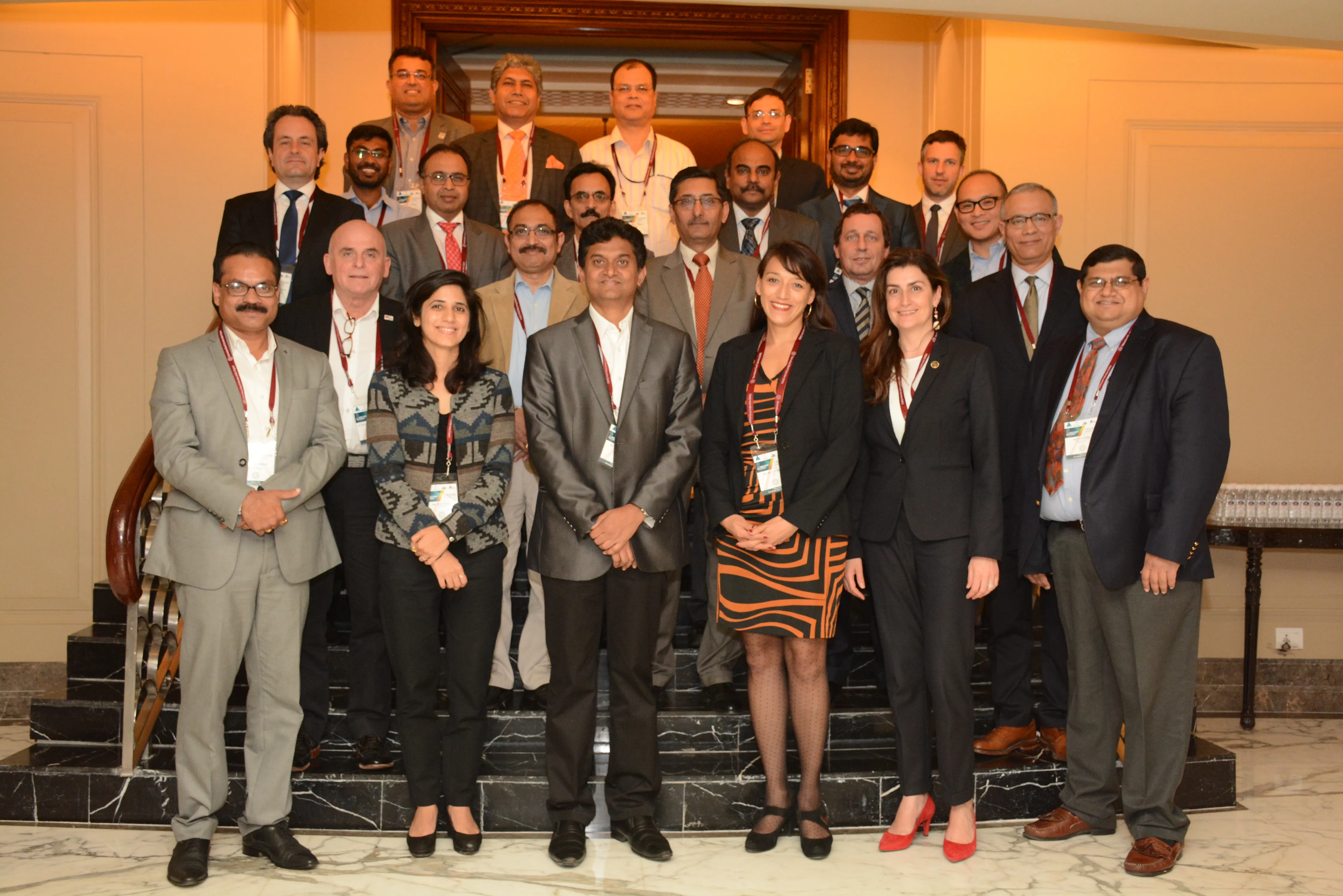
Each working group is chaired by Shri Balraj Bhanot, advisor to International Road Federation (Geneva & India) and executive director ARAI. The first meeting of the ITS National Committee took place on 23rd March 2018 and the following tasks were assigned to three Working Groups:
WG 1 – ITS Capacity-Building and Awareness
• Sound analysis of the actual situation in the country at all levels and suggest corrective measures
• Provide recommendations for the development of an integrated curriculum for ITS at academic level
• Provide recommendations for the creation of continuous professional training programmes
• Provide recommendations for the development of awareness/education campaigns
WG 2 – ITS Institutional and Regulatory Frameworks
• Develop a roadmap for creating an appropriate institutional set-up and regulatory framework for ITS deployment and uptake in identified areas
• Identify priority areas of regulatory intervention that could help unlock the potential of ITS and deliver quick wins in areas defined
WG 3 – ITS Standards, Security and Innovation
• Identify areas for standardisation, security and draw a roadmap with BIS, DoT (TEC, TSDSI & CDoT) (collaboration with WG2)
• Provide recommendations on how to foster the dialogue and collaboration between the private and the public sector
to boost innovation and R&D in the country
The 3 WGs have already met twice over the past months and eight pillars of priority areas of activities have been identified for an initial focus. A review of pilots in the country is currently being carried out.
Making urban streets safe: new training course
We depend on mobility systems every day. Streets need not be a place where we put our lives and those of our loved ones at risk.
More than 1.25 million people are killed on roads each year, the majority in developing countries, making traffic fatalities a leading cause of death worldwide. Children, elderly and poor people are particularly vulnerable. Are drivers and pedestrians always to blame? Recent research from WRI Ross Centre for Sustainable Cities and the Global Road Safety Facility of the World Bank finds that the most effective way to prevent traffic deaths is a systemic approach that shifts responsibility away from the drivers and pedestrians using roads and places it on the city planners and officials designing them. Analysis conducted in 53 countries found that those that have taken a “Safe System” based approach have achieved both the lowest rates of fatalities/100,000 inhabitants and the greatest reduction in fatality levels over the past 20 years. IRF (Geneva) together with Qatar Transportation & Traffic Safety Centre and Qatar University are pleased to present a new international training course addressing specifically Safe Urban Street Design for Vulnerable Road Users. The course will be held from 4th to 6th December 2018 in Doha – Qatar.
The course provides guidance to all stakeholders involved in transport decisions: from government officials planning transport systems, to community groups concerned about safety, and businesses. The course will provide concrete suggestions on how to develop context-specific and Safe System-based road safety interventions in an urban environment. The international road safety experts delivering the course will analyse and discuss with the participants the reasons why vulnerable road users are involved in impacts that result in fatalities and serious injuries. It will also highlight the preventive and corrective actions - including education, enforcement and engineering measures - that can be put in place to prevent injury and fatalities.








